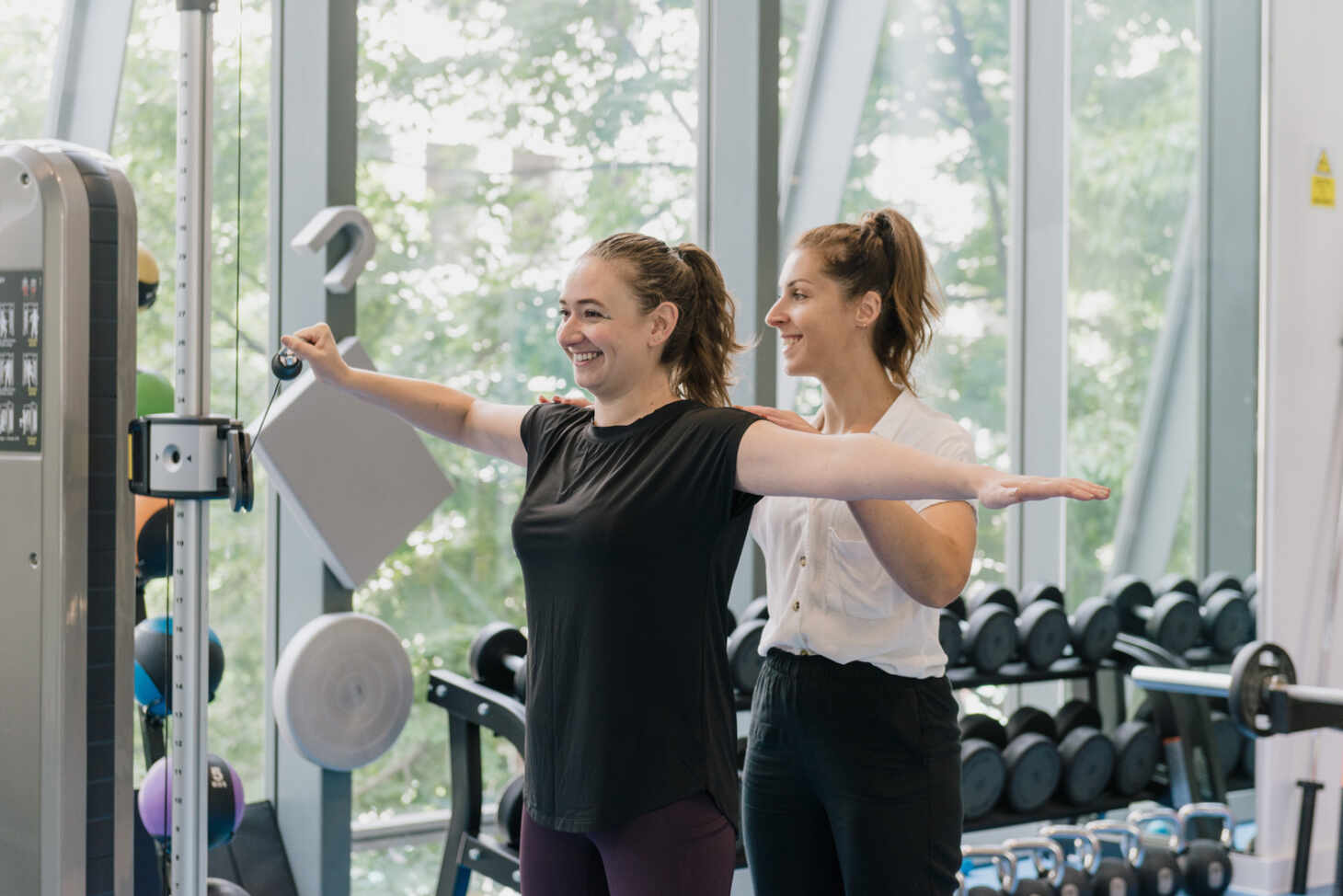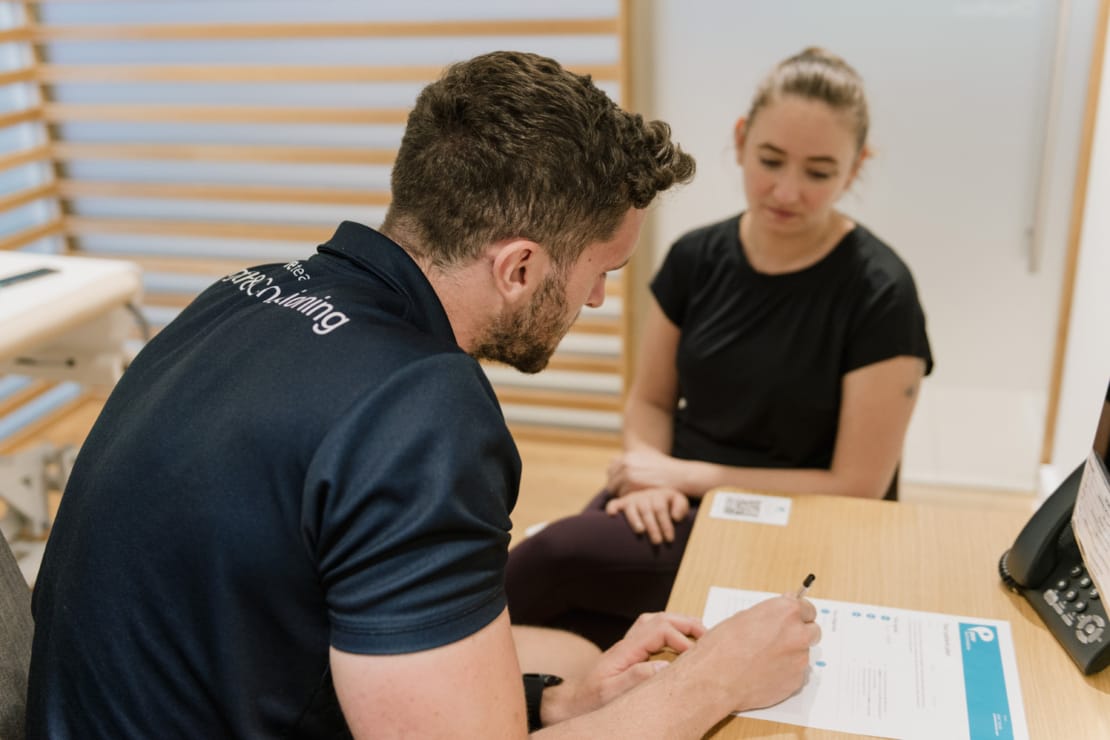World Health Day: Prioritising Wellness for a Healthier Life

Pure Sports Medicine
- 25 March, 2021
- Podiatry
- 3 min read
7th April marks the celebration of World Health Day.

From its inception at the First Health Assembly in 1948 and since taking effect in 1950, the celebration has aimed to create awareness of a specific health theme to highlight a priority area of concern for the World Health Organisation (WHO). In 2021– after a year like no other with COVID-19 changing the world we live in – the theme is: building a fairer, healthier world.
However, to really address health, I think it is important that we understand what it actually means. The WHO define it as “a state of complete physical, mental and social well-being, and not merely the absence of disease or infirmity.” But, in my view, this definition only skims the surface of the true definition of health. In reality, a huge range of bespoke factors will play a part in an individual’s health.

Types of health
Mental and physical wellbeing are probably the two most frequently discussed types of health. However, spiritual, emotional, and financial health are also key. Medical experts have shown a clear relationship between these aspects of health and our stress levels and mental and physical wellbeing.
As an example, people with better financial health often worry less and have the means to buy fresh food more regularly, and those with good spiritual health may feel a sense of calm and purpose that fuels good mental health. The science is increasingly showing that one cannot exist without the other. Achieving true health means focusing on all aspects of your life and seeking some degree of wellbeing across the board.
As a healthcare professional, I see people struggling with their bodies every day. Often, they have identified an issue with their physical health and are looking to me as a Physiotherapist for a solution. However, the process of exploring someone’s overall health and finding what other areas are playing a part in this specific issue never fails to fascinate me. The solution is always about addressing the bigger picture as well as the individual incident.
How can World Health Day apply to me?
On World Health Day, and every day, I think everyone should take one big step back and assess their overall health. Do you really feel ‘healthy’ – physically, mentally, spiritually and emotionally? Try to visualise yourself in the third person and break down the positives and negatives of each section of your health.
Firstly, look at the positives. You’ll often surprise yourself. Give yourself credit for what you are doing well in these challenging times. I find a positive spin on things always helps.
Secondly, look at your negatives in each category. Perhaps highlight areas where you think you might need some MOT work. However, don’t ignore the less ‘popular’ areas – for example, people tend to skim over their emotional or mental health, but these often have a direct effect on physical health, so cannot be overlooked. Take baby steps to make change. Small steps can help you to reach your goals and improve these areas, as a steady approach is far more likely to get you on board with sustainable change that will better your health.
Finally, remember that things are changing! COVID-19 continues to alter our environment and affect our overall individual health on a daily basis. Take some down time to reassess and re-charge to focus on your health when you can – whether that’s walking, reading, yoga or catching up on sleep. In 2021, it has never been more important to focus on your health.
If this year has taught us anything it’s the importance of prioritising your health and giving yourself time to become a happier, healthier ‘you’.

Advice
Over the last 20+ years our experts have helped more than 100,000 patients, but we don’t stop there. We also like to share our knowledge and insight to help people lead healthier lives, and here you will find our extensive library of advice on a variety of topics to help you do the same.
OUR ADVICE HUBS See all Advice Hubs

